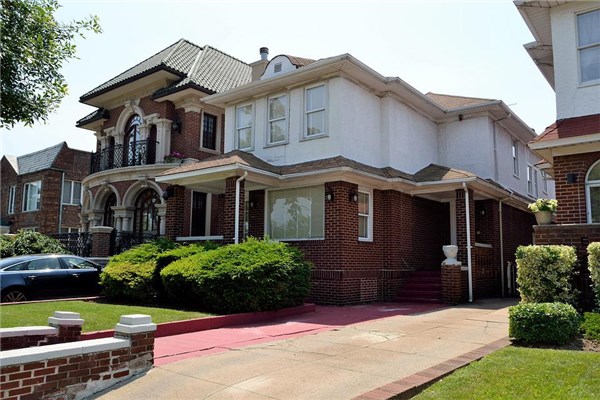Introduction to Feng Shui and House Orientation
Feng Shui, an ancient Chinese art, plays a pivotal role in harmonizing individuals with their surrounding environment. It is deeply rooted in the Taoist vision and understanding of nature, particularly the idea that the land is alive and filled with Chi, or energy. This philosophy extends to the layout and orientation of homes, where the direction a house faces can significantly impact the inhabitants’ well-being and fortune.
The Significance of Direction in Feng Shui
In Feng Shui, each direction has its unique energy and symbolism. East, associated with the wood element, symbolizes growth, renewal, health, and family. It is believed to bring in the revitalizing energy of the morning sun. Conversely, the west, linked with the metal element, represents creativity, children, and joy. It’s associated with the energy of the setting sun, signifying completion and rest.
West-Facing Houses with East-Facing Doors: A Feng Shui Perspective
In this context, a west-facing house with an east-facing door presents an interesting blend of energies. Such a house captures the essence of both the rising and setting sun, symbolizing a balance between beginnings and endings, growth and rest.
Advantages
Sunlight and Energy Flow:
The east-facing door allows morning light to flood the home, symbolizing a fresh start and new opportunities. This natural light is not only uplifting but also promotes good health and vitality.
Financial Prosperity:
In Feng Shui, a door facing the east is often seen as welcoming prosperity, particularly in financial matters. This orientation is believed to attract positive Chi, leading to better wealth accumulation.
Disadvantages
Weather Concerns:
Increased exposure to rain, especially in regions where easterly winds bring moisture, can be a drawback. This aspect necessitates robust architectural planning to prevent water damage.
Balancing Energies:
The combination of west and east energies requires careful balancing. If not harmonized, these opposing energies can lead to conflicts or stagnation in various life aspects.
Historical and Cultural Significance
The practice of Feng Shui dates back thousands of years and is deeply interwoven with Chinese culture and architecture. It was not merely a practice but a way of life, influencing everything from the construction of imperial palaces to ordinary residences. The alignment of doors and windows, the direction of the main entrance, and even the placement of furniture were meticulously planned to ensure harmony with the natural world.
Practical Application in Modern Times
In contemporary settings, Feng Shui principles are still relevant. For those looking to apply these principles, it’s important to consult with a Feng Shui expert who can provide tailored advice based on the specific layout and surroundings of the home.
Additional Considerations
- Interior Layout: The arrangement of rooms and furniture should complement the house’s orientation to maximize positive energy flow.
- Exterior Environment: The surrounding landscape, such as the presence of water bodies or hills, can also influence the house’s Feng Shui.
- Personal Kua Number: Individuals’ Kua numbers, calculated based on their birthdate, can determine their compatible directions, further influencing their choice of home orientation.
Conclusion
A west-facing house with an east-facing door is more than just an architectural choice; it’s a complex interplay of energies and symbolism in the realm of Feng Shui. While it brings unique advantages, especially in terms of sunlight and potential financial gains, it also requires thoughtful consideration of the inherent challenges. Embracing Feng Shui in home design is about finding balance, harmony, and aligning oneself with the natural energies of the environment.

